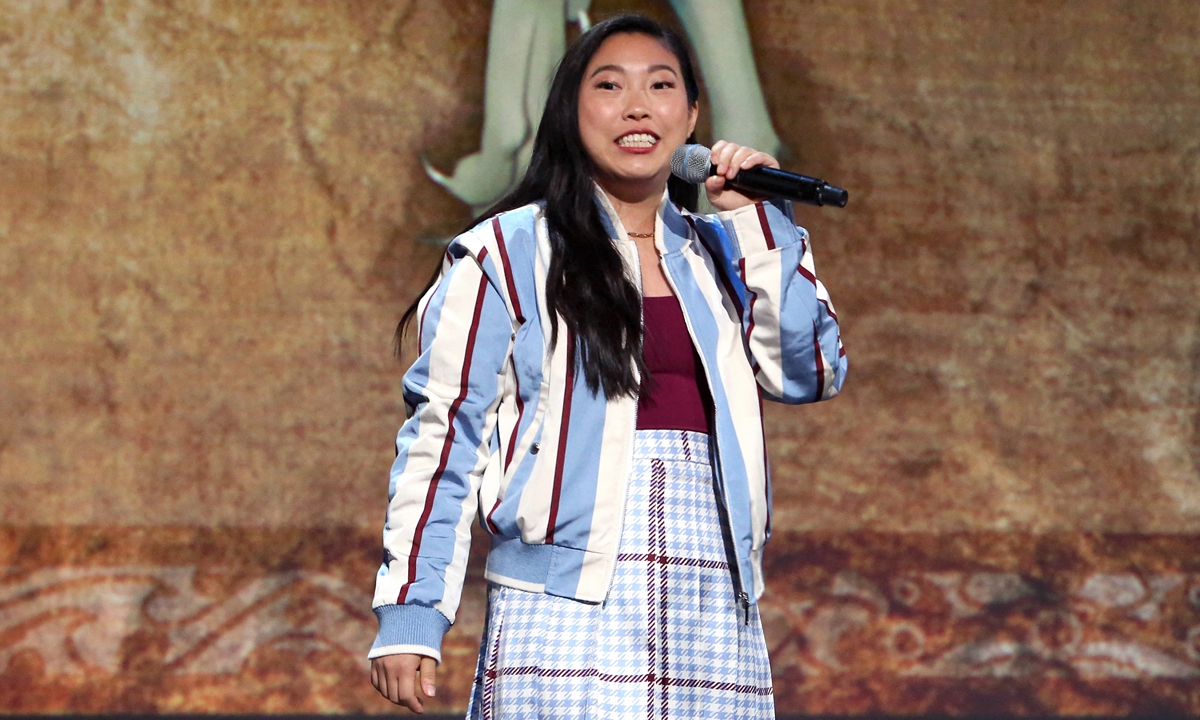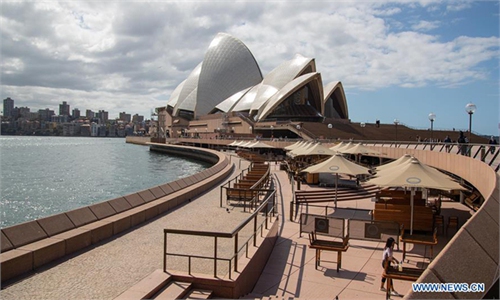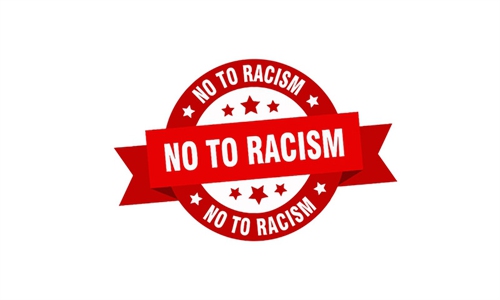ARTS / CULTURE & LEISURE
Disney’s Asia-themed ‘Raya and the Last Dragon’ tackles division
Fixing a broken world

Awkwafina Photo: AFP
Even as racist attacks on Asian-Americans have risen during the pandemic, Asian cinema is having a moment in Hollywood - something the stars of Disney's Raya and the Last Dragon say can't come soon enough.The Mouse House's latest animated adventure, out Friday, is set in a Southeast Asian-like land, where a young princess sets out to find the dragon who can save the world and reunite the bitterly divided realm of Kumandra.
It features an A-list cast of stars of Asian descent such as Sandra Oh, Awkwafina, Kelly Marie Tran and Gemma Chan, marking another diversity landmark for Hollywood's most powerful studio.
But the film's release comes as studies show surging anti-Asian racism in the US since the first COVID-19 cases reported in China, with a spate of attacks on Asian-Americans near San Francisco and elsewhere drawing widespread headlines and condemnation.
"All of us have seen these attacks happening over and over and over... you do get to that place sometimes where you feel, 'Oh, this is a very broken world,'" Tran, who voices Raya, told a virtual event ahead of the film's release.
The US actress of Vietnamese descent is no stranger to racist abuse, after becoming the victim of appalling trolling from misogynist Star Wars fans after the divisive 2017 movie The Last Jedi.
Activists say broader anti-Asian discrimination has been fueled by talk of the "Chinese virus" from former president Donald Trump and others.
Racial motivation is hard to establish in many cases, but reported anti-Asian hate crimes more than doubled from 49 to 122 in 2020 across 16 major US cities including New York and Los Angeles - even as overall hate crime fell, according to a California State University study.
The report looked at events categorized as criminal in nature and showing evidence of ethnic or racial bias, using preliminary local police data.
It aligns with another study from the Stop AAPI Hate advocacy group showing more than 2,800 incidents of racism and discrimination - including non-physical forms - targeting Asian-Americans and reported online across the US between March and December 2020.
The film's solution is simple. Only by abandoning self-interest and learning to trust one another again can the five quarrelling dragon lands - Fang, Heart, Spine, Talon and Tail - survive their impending doom.
But besides the movie's sunny message, its stars hope that the unprecedented representation of Asian princesses, loyal companions and comedy sidekicks can have a direct impact.
"Growing up in the [19]70s in the [19]80s, I didn't see anything [like this]... I feel like it has been the same way, representation-wise, for a very long time," said Oh, who plays Fang's formidable ruler.
"All of these things are such a positive portrayal... it's exposure that brings understanding, and that understanding is what changes perception," added Daniel Dae Kim, who voices Raya's noble father.
'So much hate'
Of course, Disney has a clear financial incentive to tap the Asian market, even if 2020's live-action Mulan had a lukewarm reception at the increasingly vital Chinese box office.
But there are broader signs of Asian filmmaking culture gaining traction in Hollywood and among global audiences.
In 2020, South Korea's Parasite pulled off one of the greatest shocks in Oscars history to win best picture - ending the monopoly of English-language films stretching back to the first Academy Awards in 1929.
Korean-American immigrant drama Minari is an outside bet to repeat the trick in 2021, while Nomadland - directed by Beijing-born Chloe Zhao - is the frontrunner after scooping the top prize at the Golden Globes on Sunday.
Asked about the spate of attacks on Asian-Americans, Zhao told journalists after the Globes that "trying to see the world from the other person's perspective is the only way we can survive as a species."
"I sometimes feel like people with so much hate, maybe they just hate themselves," she added.
For Raya co-writer Qui Nguyen, the chance that the film can open just a few more eyes is "a dream come true."
"There have been some times in the last 365 days where there's been a lot of negative imagery and words said about Asians," he said.
"It's hard not to appreciate that this movie is coming out to give a counterpoint."
"With everything that's been happening in this last year - the violence towards Asian-Americans, seeing each other as 'the other' - words have power," added co-writer Adele Lim.
"Hopefully this movie is our word, and our message to the world of 'let's pull together.'"



